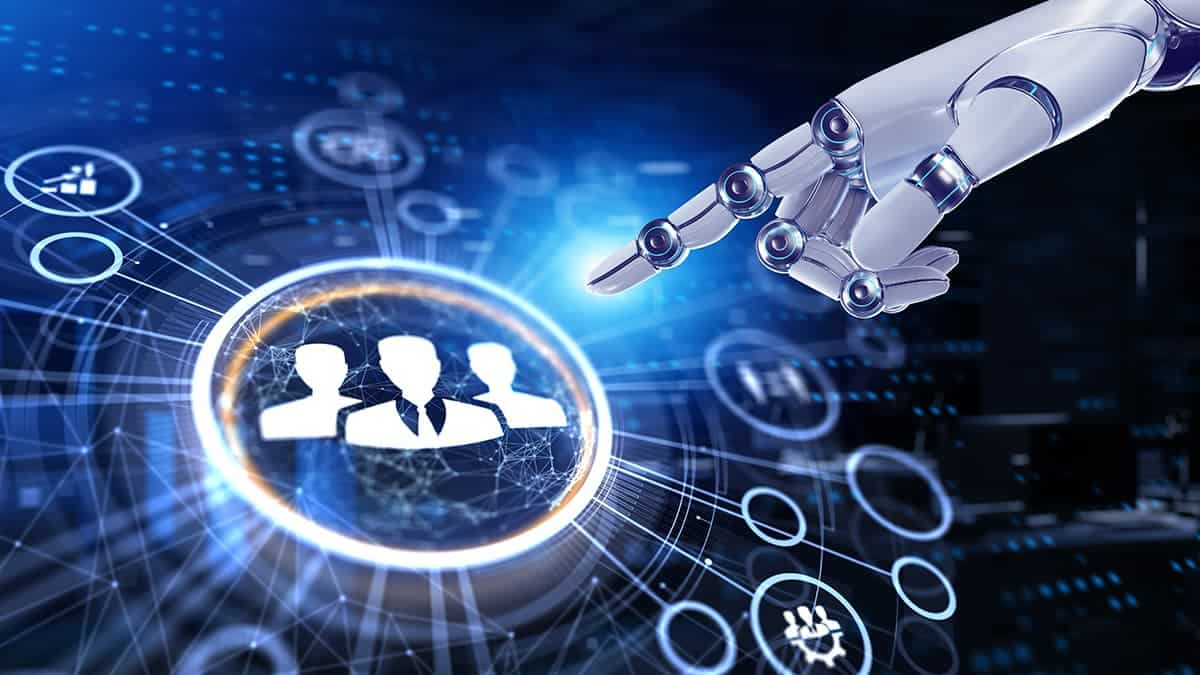Key Takeaways
- HR professionals are increasingly using AI to streamline processes and improve employee engagement.
- Data analytics and automation are vital for enhancing efficiency in HR functions, including recruitment and onboarding.
- AI applications help HR focus on strategic roles that require human connection rather than routine tasks.
- The extent of AI usage in HR varies widely based on organizational objectives and resources.
- AI can improve workforce planning and development, enabling HR to champion employee experiences.
- The integration of AI enhances HR’s credibility by shifting focus from velocity metrics to value metrics in workforce planning.
- Transparency regarding AI’s impact is crucial for alleviating employee concerns about job security and skill development.
In today’s dynamic business landscape, Human Resources (HR) professionals are navigating a revolutionary shift thanks to artificial intelligence (AI). This transformation brings both opportunities and challenges. By leveraging AI, HR departments can streamline processes, drive efficiency, and enhance employee engagement. However, the extent of AI implementation and its impact on workforce planning can vary significantly across organizations.
Unpacking the Role of AI in HR
Revolutionizing Routine with AI
AI has become a critical tool for HR professionals, fundamentally changing how they operate. By automating routine processes, such as recruitment, onboarding, and data management, AI allows HR teams to focus on strategic roles that require a human touch. This shift not just optimizes resources but also enables HR departments to play a central role in an organization’s strategic planning.
Enhancing Efficiency with Data Analytics
Data analytics and automation are at the core of AI’s utility in HR. Through these technologies, HR can efficiently manage recruitment cycles, analyze resumes, and improve onboarding processes. These data-driven approaches lead to higher-quality hiring decisions and enhanced onboarding experiences, which ultimately contribute to improved employee retention and productivity.
AI and Employee Engagement
Focusing on Strategic Human Interaction
While AI handles the mundane, HR professionals can focus on roles that require strategic thinking and human interaction. This entails coaching, employee development, and maintaining a positive company culture. Such strategic focus is crucial in nurturing a workforce that is engaged, motivated, and aligned with the organization’s goals.
Balancing AI Usage in HR
The integration of AI varies across organizations, influenced by objectives, budgets, and the skills of HR professionals. Some departments fully embrace AI, while others are in early stages, experimenting with usage policies. Despite these variances, the goal remains the same: to enhance the employee life cycle, from recruitment to retention.
Strategic Workforce Planning with AI
Championing Employee Experiences
AI’s influence extends to workforce planning and development by offering insights into employee performance and potential. Through intelligent analysis, HR can devise strategies that harness untapped productivity and drive comprehensive development programs. This not only enhances employee satisfaction but also promotes a culture of continuous learning and growth.
Shifting Metrics from Quantity to Quality
One critical transformation AI brings is the shift from velocity metrics (how fast tasks are completed) to value metrics (the impact of tasks on the organization). This reorients HR’s focus towards analyzing data that matter the most, helping them make informed decisions that improve workforce quality and productivity.
Addressing Job Security Concerns
Transparency and Communication
Despite AI’s benefits, its implementation can provoke concerns about job security. Therefore, transparency about AI’s impact is vital. HR must communicate clearly about upcoming changes and offer training opportunities to help employees adapt, ensuring they are equipped to thrive in an evolving workplace.
Skills HR Professionals Need in the AI Era
As AI continues to permeate HR, professionals in the field must develop specific skills to effectively manage AI tools and the human resources they support. This includes:
- Data Literacy: Understanding how to interpret data analytics to make informed decisions.
- Tech Savviness: Familiarity with AI applications and automation tools.
- Change Management: Skills to navigate and lead organizational changes smoothly.
- Emotional Intelligence: Maintains essential human connection in the workforce.
The rise of AI in HR is an undeniable evolution that promises increased efficiencies and enhanced employee experiences. As organizations embrace this technology, they will need to balance AI’s capabilities with a focus on human interaction and strategic planning. By doing so, HR professionals can not only transform their functions but also contribute significantly to their organization’s success.




